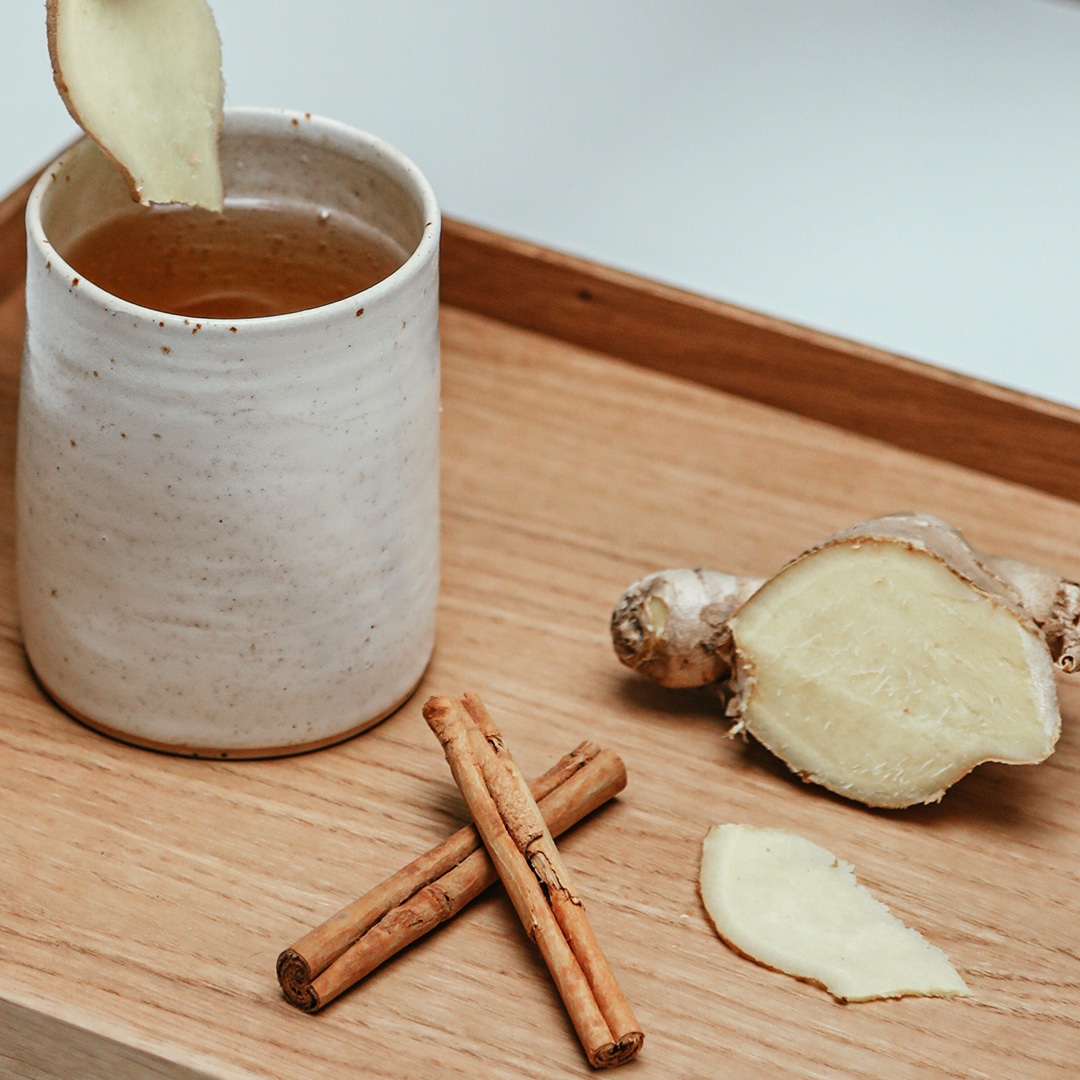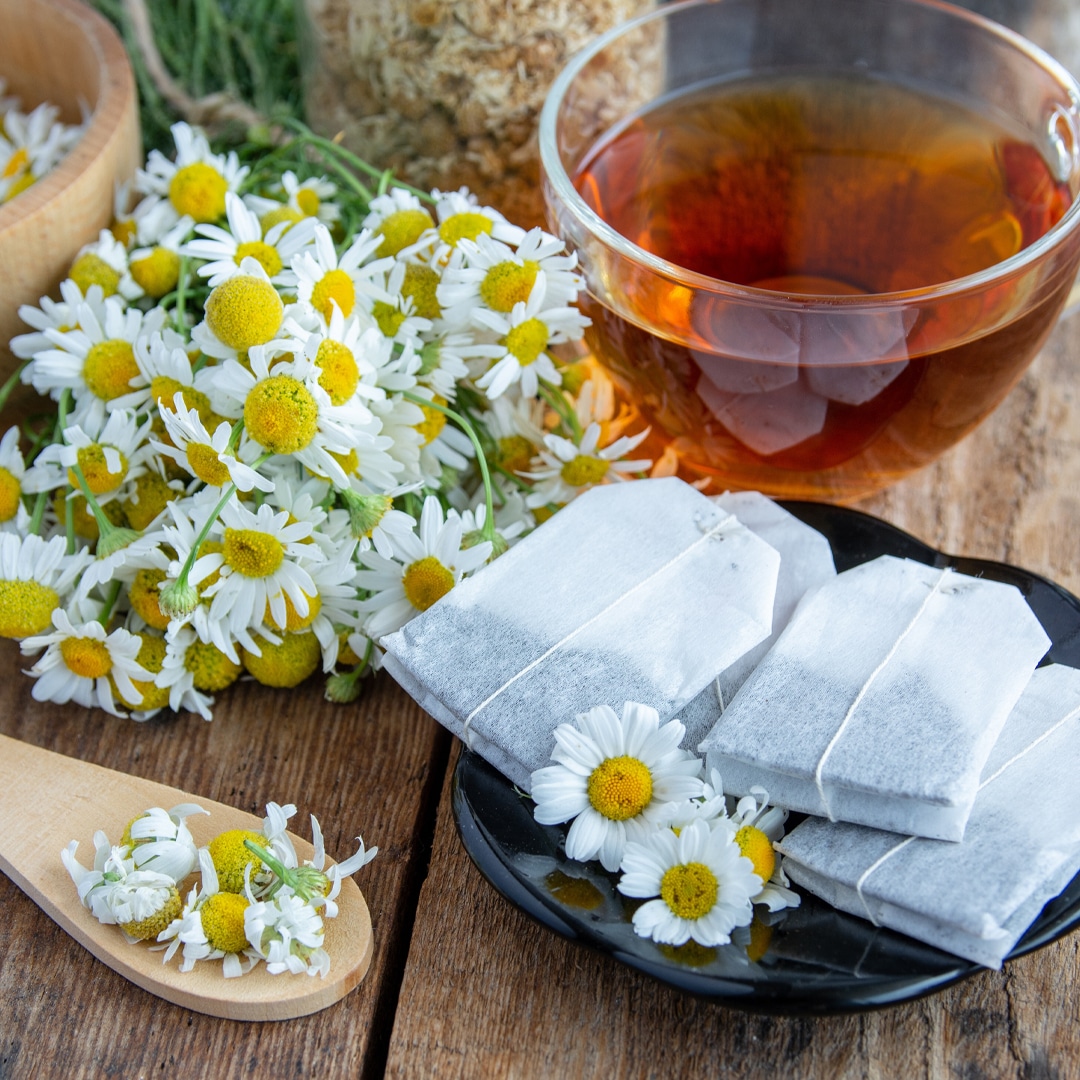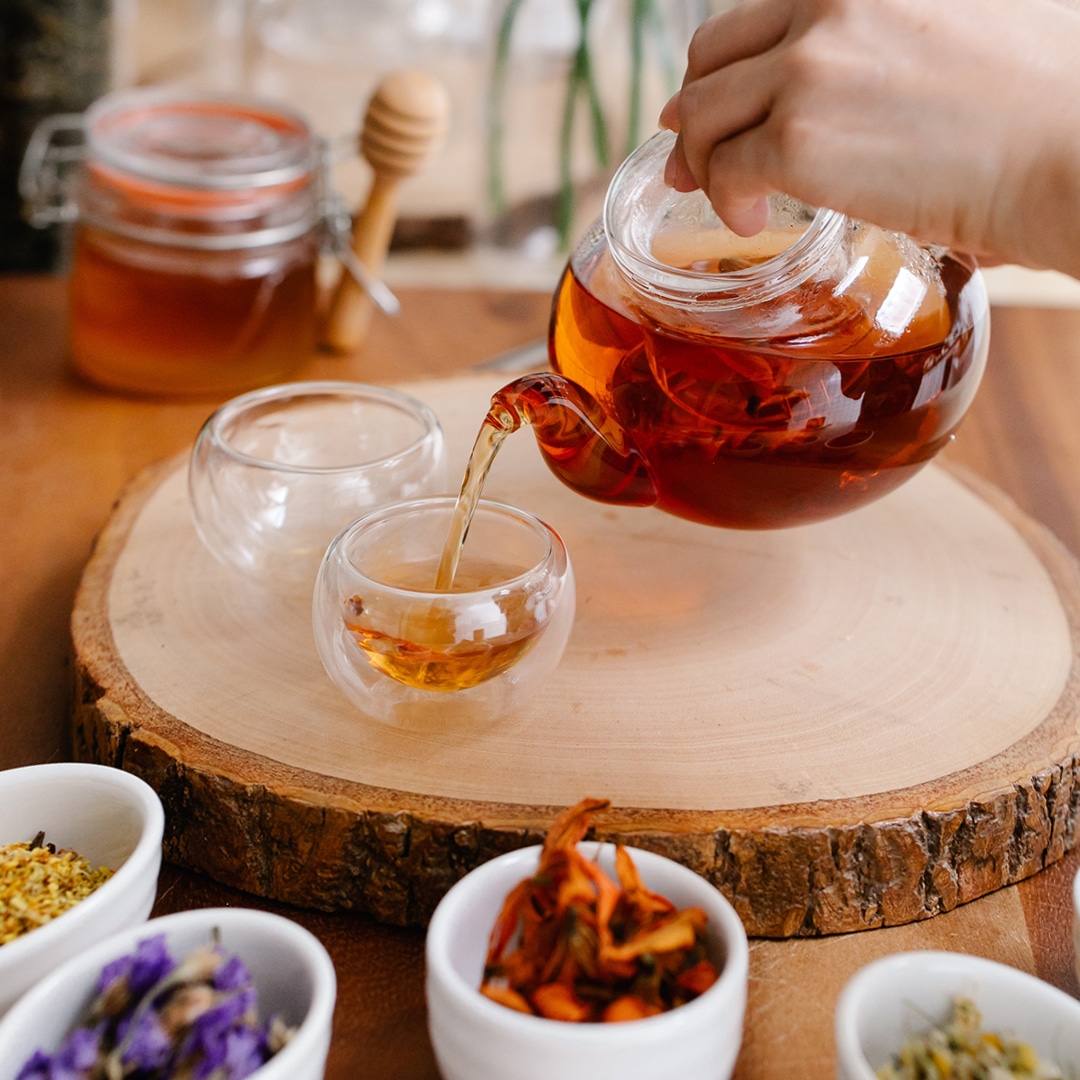Besides being the perfect sidekick to a good book; a break after a long day’s work and accompanying many a sweet delight, tea is just as good for the body as it is for the soul. We look at different types of herbal teas and their health benefits.
Rooibos
Tasty, healthy and native to South Africa. Like green tea, you can enjoy a delicious cup with or without milk and sugar. Brewed using leaves from the Rooibos plant, it’s packed with antioxidants and is low on tannin. This sweet-tasting herbal tea is also caffeine free – which means children and breastfeeding mothers can drink it.
“Rooibos and honeybush teas provide a natural, rich source of compounds beneficial to your health and people should see these herbal teas as part of a healthy, sensible lifestyle that could alleviate the risk of cancer, and reduce its possible extent,” says Dr Jeanine Marnewick, Cape Peninsula University of Technology.
Ginger tea
Made from aromatic spice, ginger tea is delicious and a trusted go-to when you want a remedy for motion sickness and nausea. According to registered dietician, Brigitte Zeitlin, ginger root has medicinal properties and drinking ginger tea can bring forth alleviating properties as well.
Ginger tea also helps with inflammation. “Drinking ginger tea can be wonderfully soothing, as it may not only help alleviate nausea, but it can also help control inflammation in the body because it contains the substances gingerol and shogaol,” says plant-based registered dietitian, Amy Gorin.

Peppermint tea
Who needs coffee when you can sip a refreshing cup of peppermint tea? This delicious beverage, which can be enjoyed hot or cold, is made from the dried leaves of peppermint plants. One of its many benefits is the relief of headaches. “The type of headaches that peppermint tea usually helps with are those caused by poor eating habits or daily stress. In these cases, these headaches typically restrict the number of blood vessels that go to the brain, and peppermint tea has the ability to open them up, which can relieve the tension causing the headache,” explains certified holistic health coach Bianca Kamhi.
Does a cup of mint tea keep the dentist away? Apparently so! According to Kamhi, peppermint tea can also curb bad breath. “Peppermint holds a number of antibacterial properties which can kill germs in your mouth. This – along with its pleasant and fresh smell – may help freshen your breath,” she says.
Chamomile tea
Ready for a good night’s rest? Chamomile tea is known to help you relax and fall asleep easier. “Chamomile is a very gentle, supportive herb for all ages that you can consume daily,” says nutritionist and herbal educator, Lindsay Kluge. “The caffeine-free herb is an ideal sleep support because it doesn’t force your body into anything; it doesn’t knock you out, sedate you, or make you drowsy,” she further explains. So, snuggle up with a cosy blanket in bed and enjoy your warm cup of chamomile tea to kickstart your restful night.





